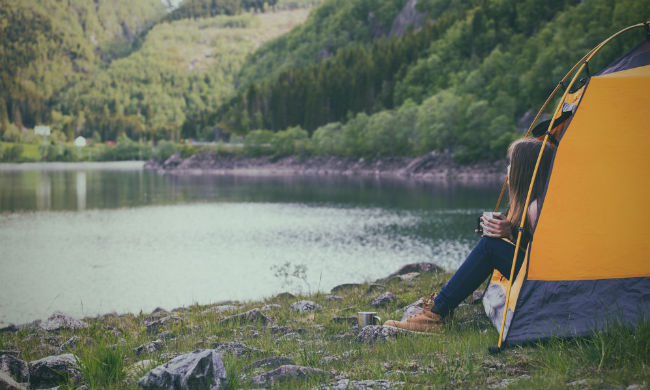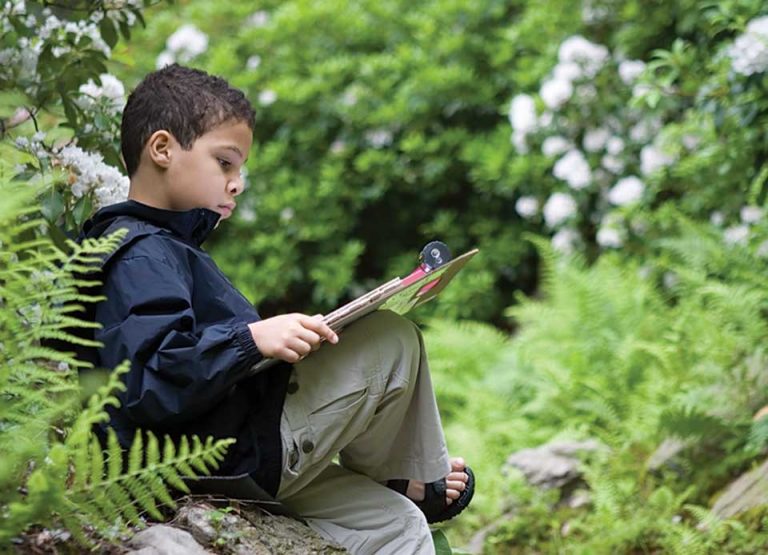There’s a story we tell ourselves that says we are robust and once an adult, of independent means and able to get by without the support of others. We have grown up and we can make our own way in the world.
Jeff Corbert, in Being a natural outsider (Newcastle Herald, Sat. July 04, 2020) disputes this claim, writing that: “Exciting as it is to find a possum nest in my front yard (and not in my roof), it is a reminder that I am not part of the animal world. At best I am an observer, and I’m so removed that opportunities to observe are uncommon. Which is why, I suppose, having a drey in the front yard is so exciting.”
Not only are we not of this world, living in a very much domesticated version of nature, but we have also taken it upon ourselves to dominate the world of non-human species such that they are struggling to find homes of their own due to our destruction of habitat. Places to nest and raise their families and forage for food are declining at the same time that places for us to build houses and expand our range of goods and services is increasing – along with the byproducts of a disposal system operating contrary to the laws of thermodynamics.
It is so easy for us to jump in the car and drive to a shopping centre where we expect to have our every need (and want) met as we wander up and down the isle, browsing the multitude of products on offer.
“My bees are the closest to nature of anything in my backyard, but I organise them, thwart their instinctive responses when those responses don’t suit me, and kill them to suit my own purposes and whims. In a sense my interest in the bees is seeing how the colony works, just as I am interested in how a machine works.”
“But they are a curiosity, and it seems perverse to see myself as owning bees. The bees don’t see themselves as owned or even dependent on me.”
“People like to say that nature gives, especially people who like to, as they say, give thanks, whether it be to their god or nature itself, but the truth is not that nature gives, it is that we take. The bees don’t see themselves as giving me their winter store of honey, the chooks their contribution to the clutch of eggs, the broccoli its mass of flowers before is has produced all important seed.”
This opinion piece questions how close to nature or distant from nature, we are, in terms of the stories we tell ourselves – or is it the myth we’ve created to justify our behaviour?
Hunting with a rifle or killing for sport, “…there’s nothing natural about that …”, writes Corbett. “Have you noticed that when we anguish about the threat we present to the existence of an animal in the other world, the animal is one that appeals to us. It will be colourful or cute or majestic, or one we like to call our own, but there is seldom if ever any public anguish about those that are insignificant to us.”
“I am, and I believe you are too, disconnected from nature. And no amount of drey hosting, magpie feeding, gardening or camping, is going to change that. We are irreversibly denatured, and just as well.”
This is a thought provoking point of view. Are there degrees of ‘denatureness’? Are some of us more distant than others? How can we ensure that we don’t distance ourselves anymore than we already have? What are the steps we need to take to bring nature back into our lives, or should that be around the other way? Is this notion expressed in the words of: The earth doesn’t belong to us, we belong to the earth.
‘The Earth Does Not Belong to Human Beings; Human Beings Belong to the Earth’ – an American Indian saying that is in the same vein as I am the tree and the tree is me … we are kin … which aligns with Australian Aboriginal thinking and ways of living. Let us resolve to do the best we can to live according to the laws of nature – find out more at the Australian Earth Laws Alliance website: AELA
“The earth does not belong to man, man belongs to the earth.
All things are connected like the blood that unites one family.
Man did not weave the web of life, he is merely a strand in it.
Whatever he does to the web, he does to himself.
The earth is sacred and men and animals are but one part of it.
Treat the earth with respect so that it lasts for centuries to come and is a place of wonder and beauty for our children.”
The MHCS Fivefold Vision for Munibung Hill outlines a process that has been adopted by the community as a way forward.



